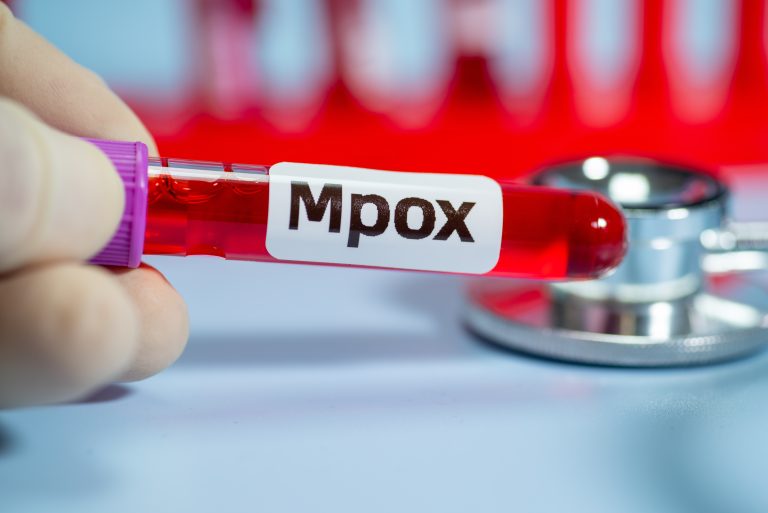The UK has announced a significant boost in its support to address the ongoing mpox and cholera outbreaks in the Democratic Republic of the Congo (DRC). During a recent visit to the DRC, Africa Minister Lord Collins revealed £3.1 million in new funding to strengthen the response to these health emergencies and improve access to clean water.
Enhanced Efforts Against Health Crises
The new funding will be allocated through a partnership with UNICEF, aiming to assist over 4.4 million people in affected communities and prevent the further spread of mpox to neighbouring countries. This announcement follows the World Health Organisation’s (WHO) designation of the mpox surge in Africa as a public health emergency of international concern (PHEIC).
Lord Collins stated, “Our collaborative efforts, supported by the expertise of Congolese scientists and the advanced facilities at the National Institute of Biomedical Research, are crucial for global health security. By enhancing health measures and containing these outbreaks, we are reducing the risk of diseases spreading further, which benefits everyone.”
Strengthening Global and Regional Collaboration
The UK is maintaining close contact with the WHO and the Africa Centres for Disease Control and Prevention to monitor the situation. The UK Health Security Agency is working with international partners, including the WHO and Gavi, the Vaccine Alliance, to ensure that resources are effectively allocated and that mpox vaccines are accessible to low and middle-income countries.
Professor Christian Ngandu, Public Health Emergency Operations Centre Coordinator at DRC’s National Public Health Institute, remarked, The UK’s partnership with UNICEF will be pivotal in safeguarding lives and supporting the DRC’s national strategy for preparing and responding to the mpox outbreak.
Building Stronger Bilateral Relations
Lord Collins’ visit to the DRC also aimed to reinforce the bilateral relationship between the UK and the DRC. He announced an additional £6 million in funding to provide clean drinking water and sanitation for approximately 200,000 displaced individuals. This initiative, in partnership with UNICEF and SAFER, will improve access to essential services for those in need.
In discussions with prominent government leaders, including the President, Prime Minister, and Foreign Minister, Lord Collins reaffirmed the UK’s dedication to strengthening partnerships in trade, investment, climate initiatives, and addressing sexual violence in conflict. He celebrated the achievements of the UK-DRC Trade and Investment Mission from April and explored new avenues for British enterprises in the DRC.
Economic and Environmental Initiatives
In addition to health and sanitation support, the UK’s assistance includes major economic initiatives. British International Investment has pledged up to $35 million (£27 million) to the Banana Port development project, led by Emirati company DP World. This project, with an estimated cost of $300-400 million, is expected to significantly impact the DRC’s economy.
The UK has also introduced a £90 million Congo Basin Forest Action programme, aimed at improving economic livelihoods while preserving vital forests. This initiative demonstrates the UK’s dedication to promoting sustainable development and preserving environmental resources.
Advancing Peace and Human Rights
Lord Collins also addressed the issue of Conflict-Related Sexual Violence, meeting with government ministers and civil society representatives to discuss ongoing efforts. He welcomed the recent ceasefire agreement between the DRC and Rwanda, acknowledging Angola’s role in facilitating the agreement. The UK supports President Tshisekedi’s commitment to achieving lasting peace in the region and condemns the actions of illegal armed groups, including the UN-sanctioned M23.
The UK is delivering a three-year humanitarian programme in eastern DRC to provide life-saving assistance and bolster the resilience of communities affected by conflict. This programme aims to address immediate needs and support long-term recovery and stability.
The UK’s enhanced support to the DRC demonstrates its commitment to addressing pressing health and humanitarian challenges while strengthening bilateral relations. By investing in health initiatives, economic development, and environmental conservation, the UK is working to make a positive impact on the DRC and its people.


